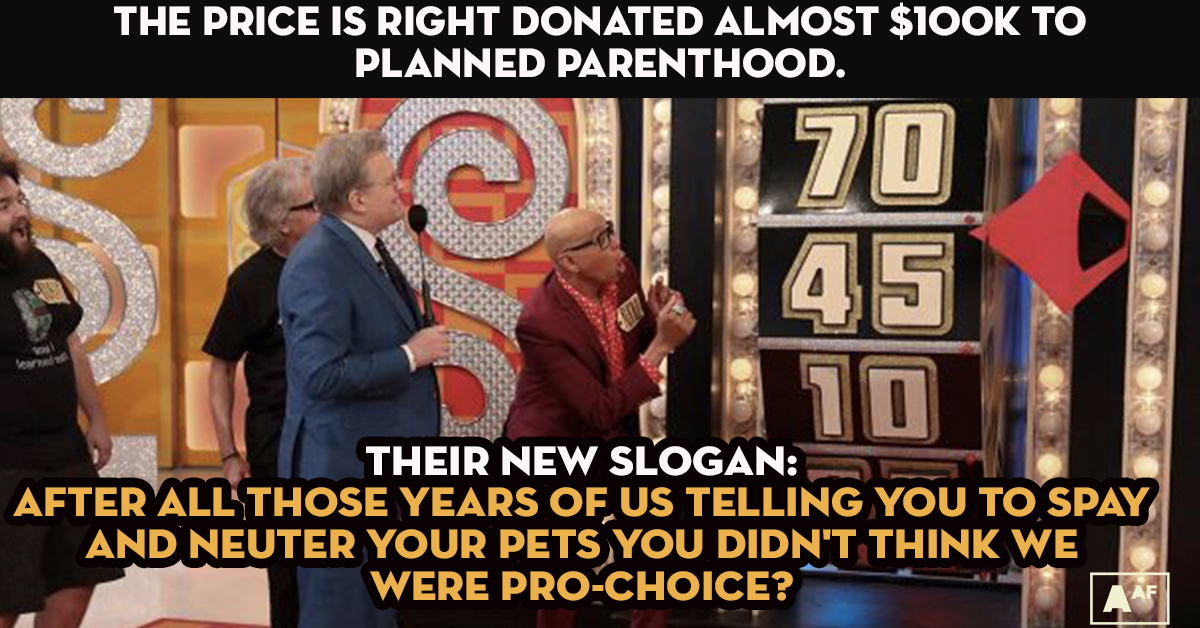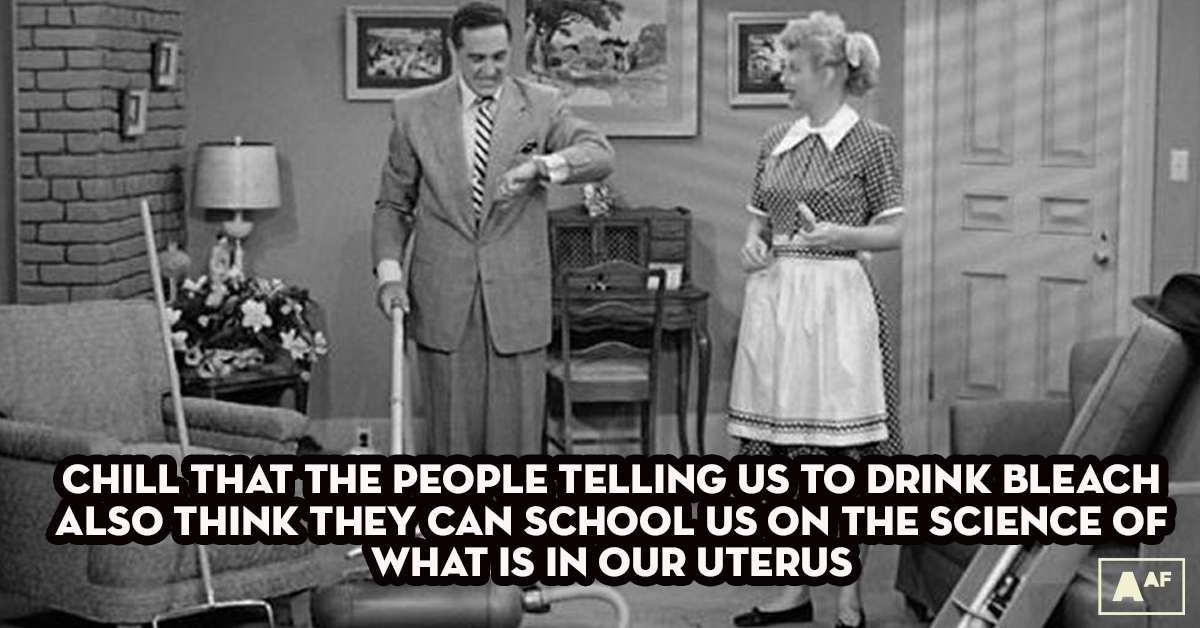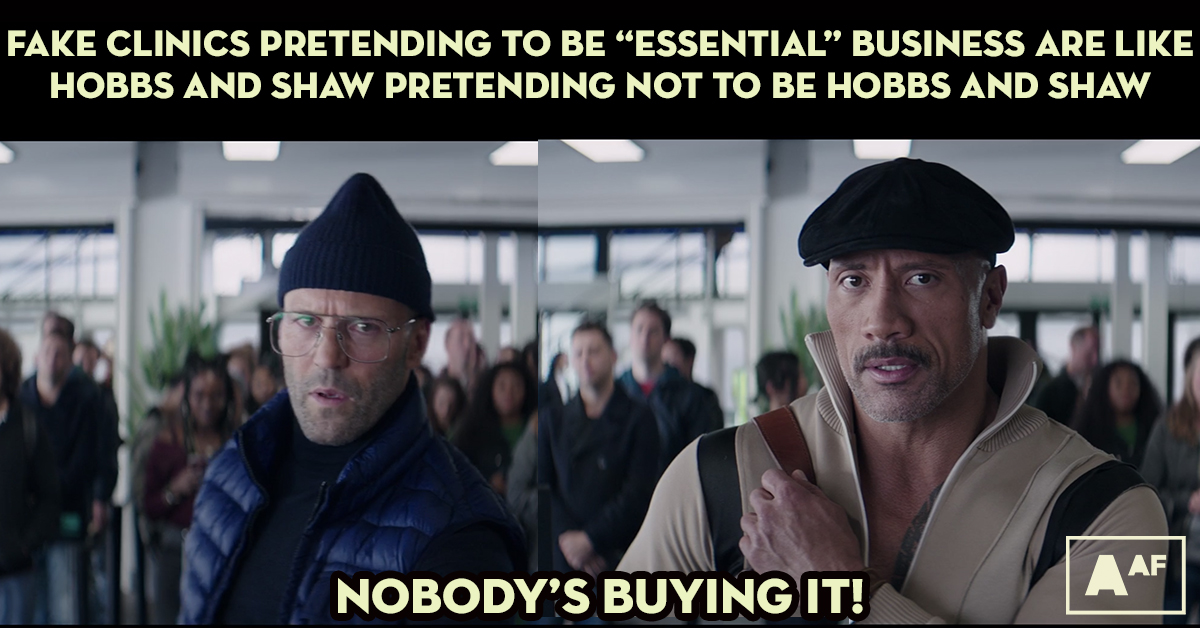My sister was the first person that I’d known to have a home birth, She’d miscalculated how soon to head to the hospital when in labor with her son. That day I also took my sweet time heading home from college when I’d gotten word that my nephew’s birth was imminent. It was my birthday after all, and don’t babies take forever to come? It turned out all of our calculations were off. I arrived 30 minutes after he was born in the living room, and my nephew and I are exactly 20 years apart in age. He made a pretty cool birthday present.
Birth has been an ongoing conversation in our family. The pros and cons of unmedicated birth, the benefits of having a doula, the funny things that laboring people say, my sister’s failed attempts to convince me that childbirth was just uncomfortable, not painful. (I’m still not buying that). Consequently, my perception of birth has generally been something women can generally manage on their own, but it’s great to have access to good medical care.
When I got pregnant at 39 I was excited and happy and really confused about what to do about care. I’d been self-employed for years with pretty spotty healthcare, and now I needed great healthcare because I was advanced maternal age (aka an old mom) and I wanted the best possible outcome. I tried not to stress myself out, but I was genuinely afraid to start care somewhere that would possibly dismiss my experiences, pain or questions because I am a black woman. And one of the many crazy things about racism isn’t just what people do to you, but sometimes when you wonder if people have even done anything to you. Did the clerk start stacking boxes next to you just because it was boxes stacking time, or because you were black and loitering in that section for too long? The world may never know.
Newly pregnant I looked at several hospitals in New York and ultimately decided to have prenatal care and delivery at Harlem Hospital because a) it’s in my neighborhood, b) they are a primarily black-staffed hospital in a primarily black neighborhood, c) they have really great maternal healthcare. Obviously the quality of care is very important, but I cannot overstate the importance of not having to wonder if any perceived slight was because I am a black woman. That was extremely comforting, and I think contributed to my relatively stress-free pregnancy, elderly primigravida be damned.
This week, because it is Black Maternal Health week, there have been several articles I’ve read about the terrible health outcomes for pregnant women in this country, and sometimes the complete disregard and dismissiveness of medical staff’s response to Black women in their care. Each article has made me want to cry. Even Serena Williams, currently the greatest living athlete, had her potentially fatal post-natal concerns dismissed, as though elite athletes haven’t experienced every kind of pain a body could put itself though, and know when their body is “off.” It’s infuriating and heartbreaking at the same time.





